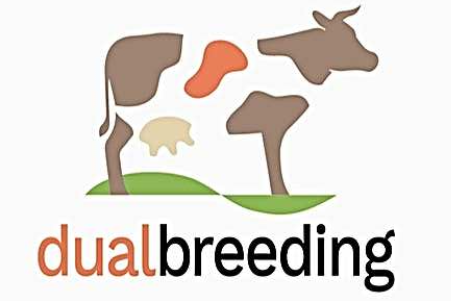PROJECT dualbreeding - Activity of characterization of animal genetic resources of zootechnical interest and protection of biodiversity
Reg. (UE) 1305/2013 – National Rural Development Program 2014/2020
Sub-Measure 10.2 – Support for conservation and sustainable use and development of genetic resources in agriculture
Duration
24 months, from January 2018 to December 2019
Principal investigator for University of Udine
prof. Mauro Spanghero
Abstract
Breeding animals selected for food efficiency will allow to have benefits for both farmers and entire communities: in fact, there will be a reduction in feed cost (which isthe major item among those of breeding), a reduction of use of plant resources,that can be used for theworld population, which is in continuous growth, and there will be an attenuation of polluting emissions from livestock farms (pollution of groundwater, seas and the atmosphere).
An innovative way to express the feed efficiency is the “Residual Feed Intake (RFI)”, which is widely used as a selection parameter in beef breeds in North America and Australia. It can be defined as the difference between estimated intake (IS) calculated on the lived weight and the growth performance and the measured feed intake (IM). Therefore, RFI (RFI=IS-IM) can be negative, when animals are efficient, or positive, when animals are not efficient.
At the genetic center of Fiume Veneto (PN) a farm will be equipped for the control of food ingestion and the growth of over 200 young cattle growing per year belonging to the PezzataRossaItaliana, GrigioAlpina, Rendena and Reggiana breeds, while for the Valdostana breed reliefs will be carried out in the genetic center of Gressan (AO).
The principal aim of the project is to have RFI and excretion data for selective purposes within the different races.
However, the investment in terms of equipment, labor and organization required for food controlsis high and will make available a database of great interest for the development of further experimental investigations.Therefore, with limited additional investments, the wealth of experimental data collected can be further enhanced with experimental insights on various aspects of great interest to increase knowledge on the food efficiency of the different breeds considered in the project (such as comparisons in terms of temperament, digestibility of the ration, of composition of ruminal microbiota between animals with different RFI or different breeds, or studies for the identification of RFI forecast markers, etc.)
Project partners
UNIUD - University of Udine
ANAPRI - Associazione Nazionale Bovini di razza Pezzata Rossa Italiana
ANARE - Associazione Nazinale Bovini di razza Rendena
ANAGRA - Associazione Nazionale Bovini di razza Grigio Alpina
ANABORARE - Associazione Nazionale Bovini di razza Reggiana
ANABORAVA - Associazione Nazionale Bovini di razza Valdostana
Working group
Prof. Mauro Spanghero, Dr. Carla Fabro, Dr. Chiara Sarnataro
For more information
mauro.spanghero(at)uniud.it


